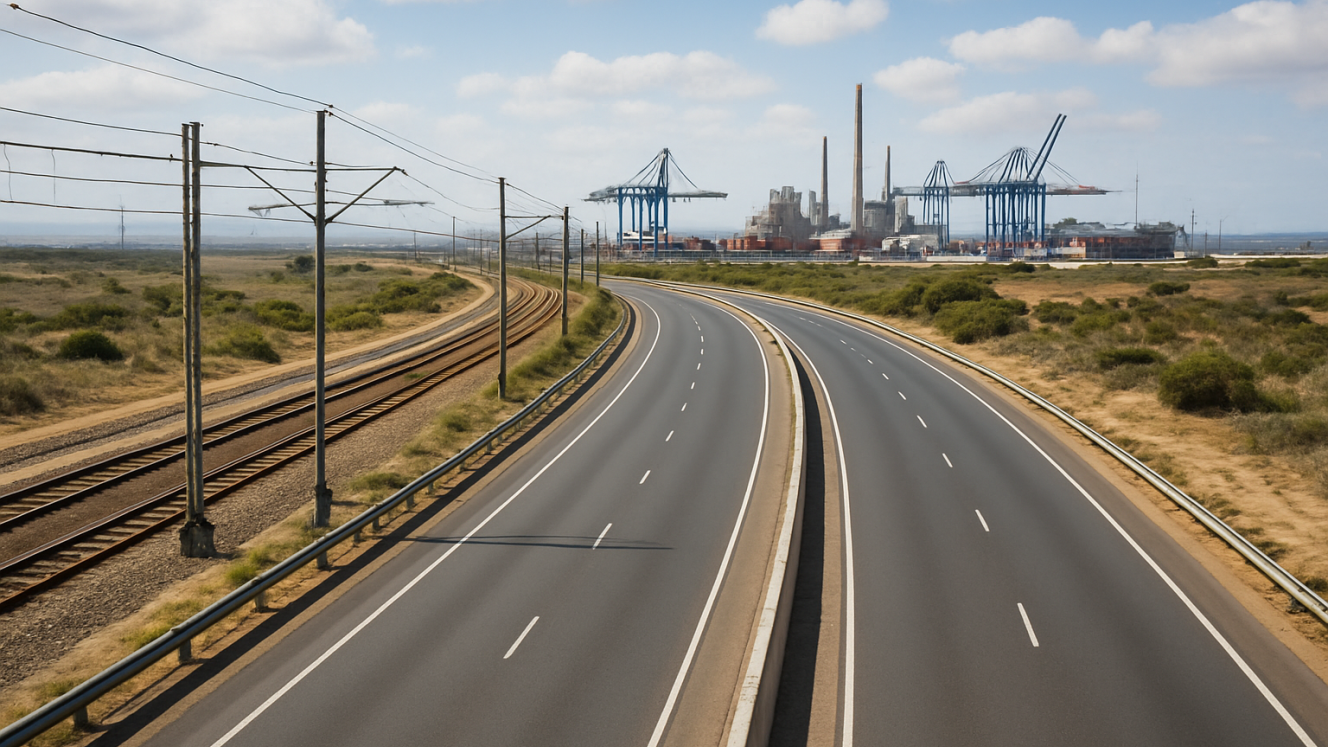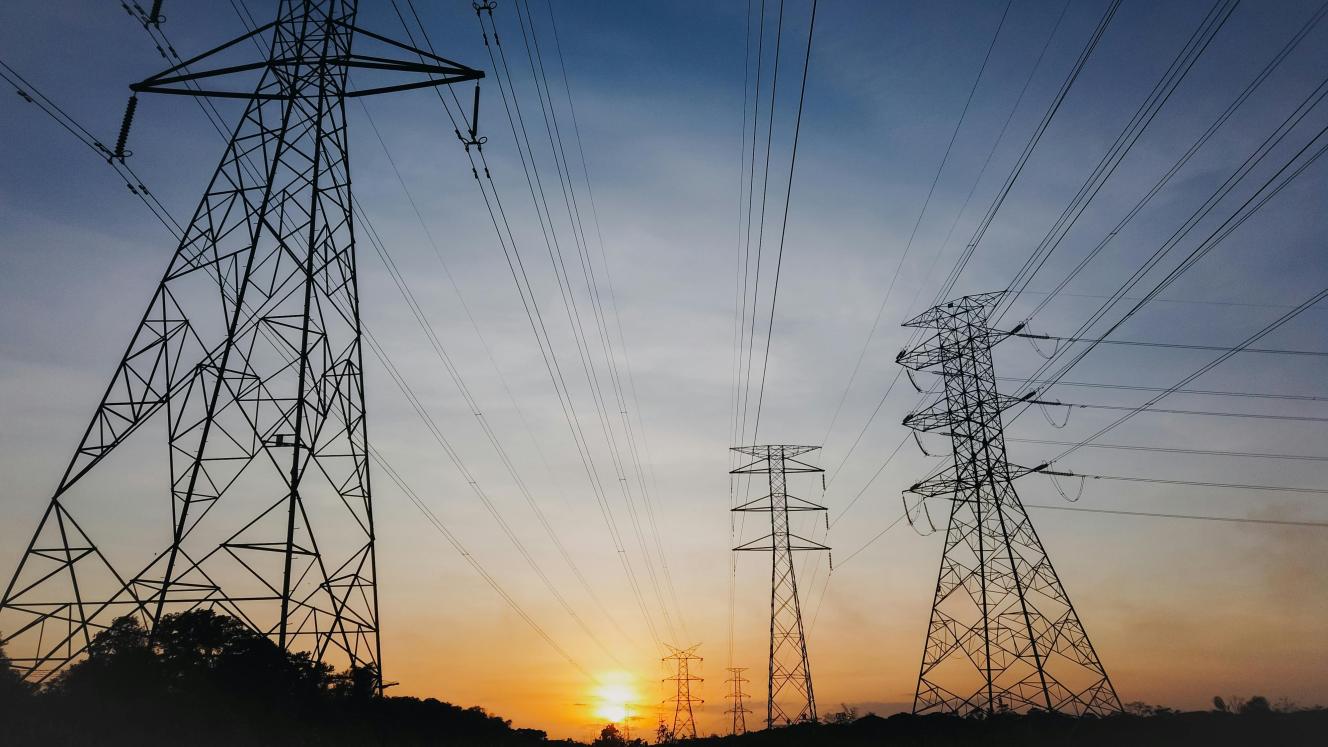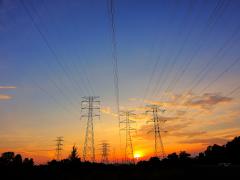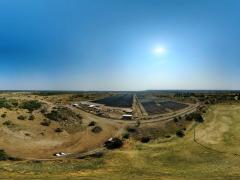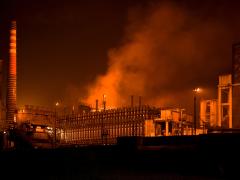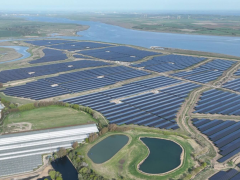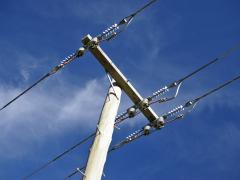For decades, South Africa’s infrastructure debate has centred on electricity generation, grid capacity and universal access. Yet power generation alone cannot drive growth. The true test of a modern energy economy lies in how effectively it connects people, goods and energy across regions says Aluwani Museisi,Country Chair of Shell Downstream South Africa.
To unlock inclusive and sustainable development, South Africa must look beyond the grid to the transport and energy corridors that move commerce and connect industrial centres, ports and communities. These corridors are more than logistics routes; they are energy lifelines critical to trade and energy security.
A well-designed corridor integrates mobility, logistics and energy infrastructure. Imagine multi-modal transport nodes with refuelling and charging hubs offering petrol, diesel, LNG, hydrogen and EV charging; supported by resilient fuel storage and digital logistics systems that enable real-time coordination across supply chains. Such integration creates opportunities for local manufacturing, job creation and cleaner transport solutions, positioning South Africa as a regional energy and logistics hub.
Many existing corridors remain under-developed because planning occurs in silos. Energy and transport must be approached through systems thinking – aligning corridor development with industrial policy, trade facilitation and climate resilience. This approach can turn transport routes into fully fledged economic ecosystems that advance energy access and industrialisation together.
To make this shift, public-private partnerships (PPPs) must evolve. The next generation of PPPs should move beyond transactional deals towards collaborative partnerships built on joint planning and shared outcomes. That means developing corridor blueprints that integrate infrastructure, energy and environmental objectives as well as regulatory frameworks that de-risk private participation and blended finance models that unlock public and private capital. Sustainability and inclusion must be embedded from the start, ensuring projects strengthen climate resilience and serve communities along their routes.
The African Continental Free Trade Area amplifies the urgency. Its success depends on infrastructure that keeps pace with trade. South Africa, as a gateway economy, has the capability and responsibility to lead corridor-based development – linking its strategic integrated projects with regional energy and transport backbones such as the North-South and Maputo development corridors. Well-planned corridors can support EV charging networks, hydrogen refuelling infrastructure and cross-border power and fuel logistics – extending the benefits of the energy transition beyond metropolitan centres.
Infrastructure is never neutral; it reflects national priorities. South Africa has the tools, expertise and partnerships to rewire its infrastructure future – but only if government, industry and communities build together – beyond the grid. The transition to sustainable growth will not be won solely in power stations or refineries but along the corridors that connect them.
